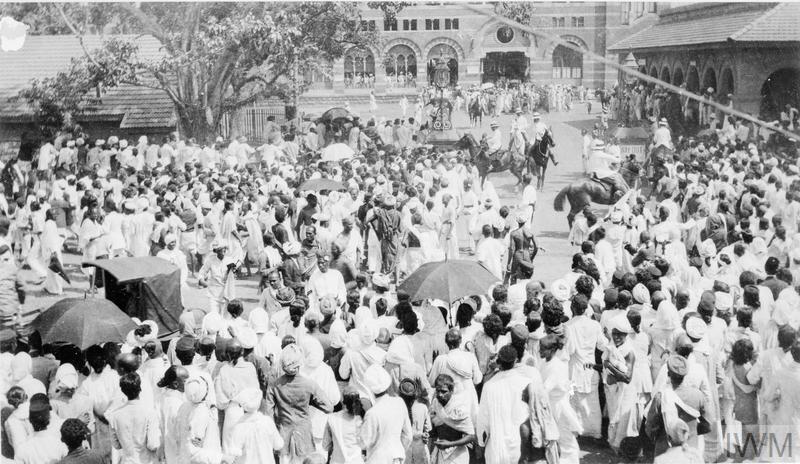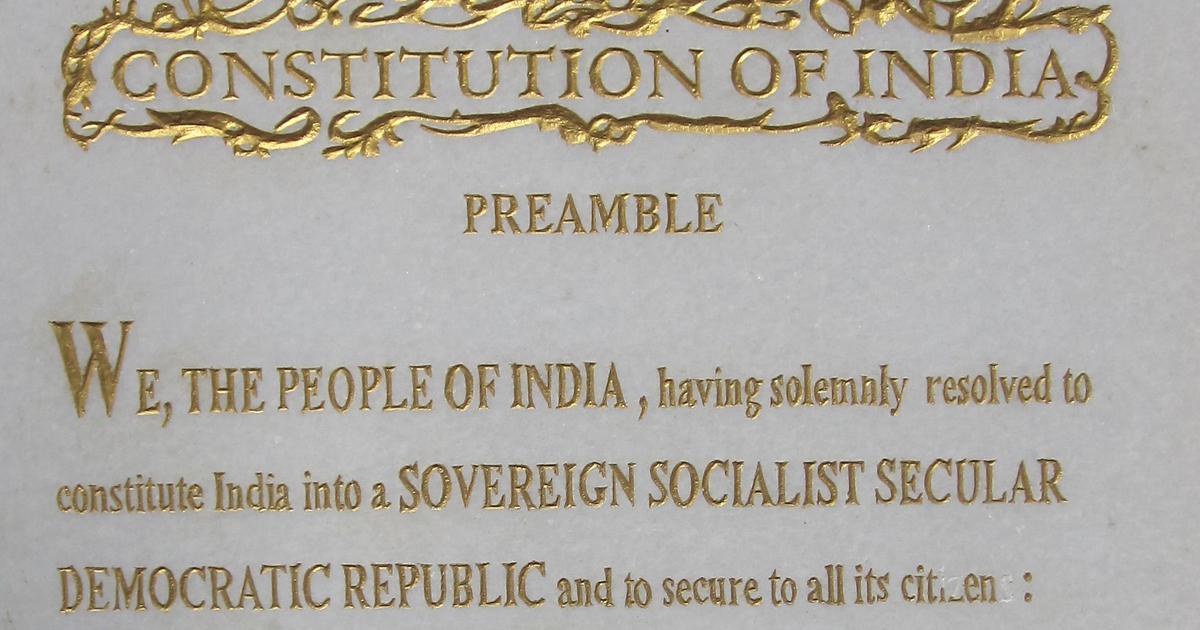The Home Rule Movement was the Indian response to the First World War in a less charged but more effective way than the response of Indians living abroad which took the form of the romantic Ghadr adventure.
Prominent leaders—Bal Gangadhar Tilak, Annie Besant, G.S. Khaparde, Sir S. Subramania Iyer, Joseph Baptista and Mohammad Ali Jinnah among others—got together and decided that it was necessary to have a national alliance that would work throughout the year (unlike the Congress which had annual sessions) with the main objective of demanding self-government or home rule for all of India within the British commonwealth. This alliance was to be the All India Home Rule League along the lines of the Irish Home Rule League.
Tilak set up his Indian Home Rule League in April 1916. Tilak held his first Home Rule meeting at Belgaum. Poona was the headquarters of his league. His league was restricted to Maharashtra (excluding Bombay city), Karnataka, Central Provinces and Berar. It had six branches and the demands included swarajya, formation of linguistic states and education in the vernacular.
Annie Besant set up her All-India Home Rule League in September 1916 in Madras (now Chennai) and covered the rest of India (including Bombay city). It had 200 branches, was loosely organised as compared to Tilak’s league and had George Arundale as the organising secretary. Besides Arundale, the main work was done by B.W. Wadia and C.P. Ramaswamy Aiyar.
Positive Gains of the home rule League Movement were:
- Emphasis shifted to the masses permanently
- Organisational link established between town and country
- Influenced the August 1917 declaration of Montagu and the Montford reforms
- Prepared a generation of ardent nationalists
- Influenced Moderate-Extremist reunion at Lucknow (1916)









No comments:
Post a Comment